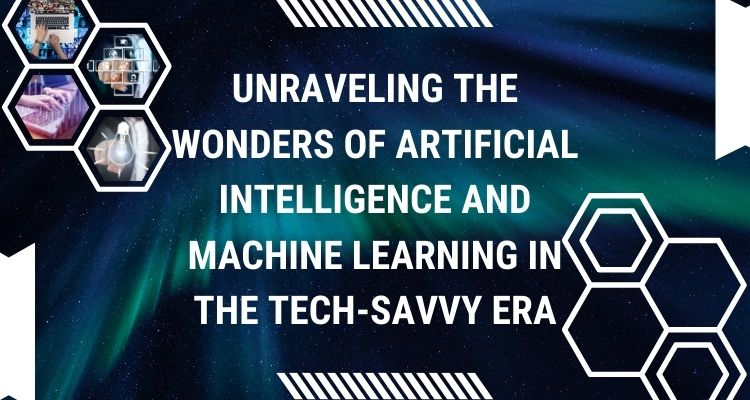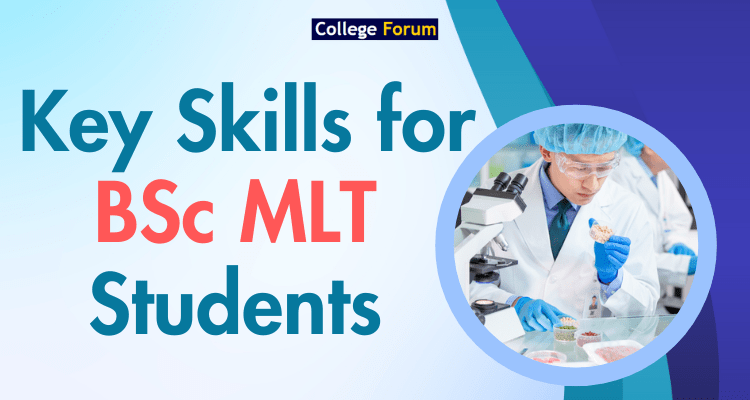Unraveling the Wonders of Artificial Intelligence and Machine Learning in the Tech-Savvy Era
In the dynamic landscape of technology, two terms that have become synonymous with innovation and advancement are Artificial Intelligence (AI) and Machine Learning (ML). As the world witnesses unprecedented technological transformations, the integration of AI and ML has emerged as a driving force behind numerous breakthroughs. In this blog post, we delve into the realms of AI and ML, exploring their applications, significance, and the evolving landscape within the tech industry. Understanding Artificial Intelligence: Artificial Intelligence, often abbreviated as AI, refers to the development of computer systems capable of performing tasks that would typically require human intelligence. These tasks encompass problem-solving, speech recognition, learning, and decision-making. AI is a vast field, with applications ranging from virtual assistants like Siri to complex systems such as self-driving cars and medical diagnosis algorithms. Machine Learning: The Heart of Intelligent Systems: Within the broader spectrum of AI, Machine Learning plays a pivotal role. ML is a subset of AI that focuses on enabling computers to learn from data without explicit programming. It involves the development of algorithms and models that allow systems to improve their performance over time as they are exposed to more data. This iterative learning process is fundamental to the success of various AI applications. Applications of AI and ML: Healthcare: Disease diagnosis and prognosis. Personalized medicine and treatment plans. Drug discovery and development. Finance: Fraud detection and prevention. Algorithmic trading and investment analysis. Customer service automation. Education: Personalized learning experiences. Intelligent tutoring systems. Automated grading and feedback. Automotive: Autonomous vehicles and self-driving technology. Traffic management and optimization. Predictive maintenance for vehicles. Retail: Demand forecasting and inventory management. Personalized shopping recommendations. Chatbots for customer support. The Role of BCA in Shaping AI and ML Experts: As the demand for AI and ML expertise continues to rise, educational institutions play a crucial role in preparing the next generation of professionals. Dehradun, known for its scenic beauty, is also home to some of the best BCA colleges that recognize the importance of AI and ML in the technological landscape. Best BCA Colleges in Dehradun: These institutions not only provide a strong foundation in computer applications but also offer specialized courses and resources for students interested in AI and ML. The curriculum is designed to equip students with the knowledge and skills required to navigate the intricacies of these advanced technologies. Conclusion: In conclusion, the synergy between Artificial Intelligence and Machine Learning is reshaping the world we live in. From healthcare to finance, education to retail, the applications of AI and ML are diverse and impactful. Aspiring BCA students in Dehradun have the opportunity to contribute to this transformative journey by enrolling in top-notch institutions that recognize the significance of staying at the forefront of technological innovation. The future promises exciting possibilities, and those well-versed in AI and ML are poised to be the architects of this tech-savvy era.









